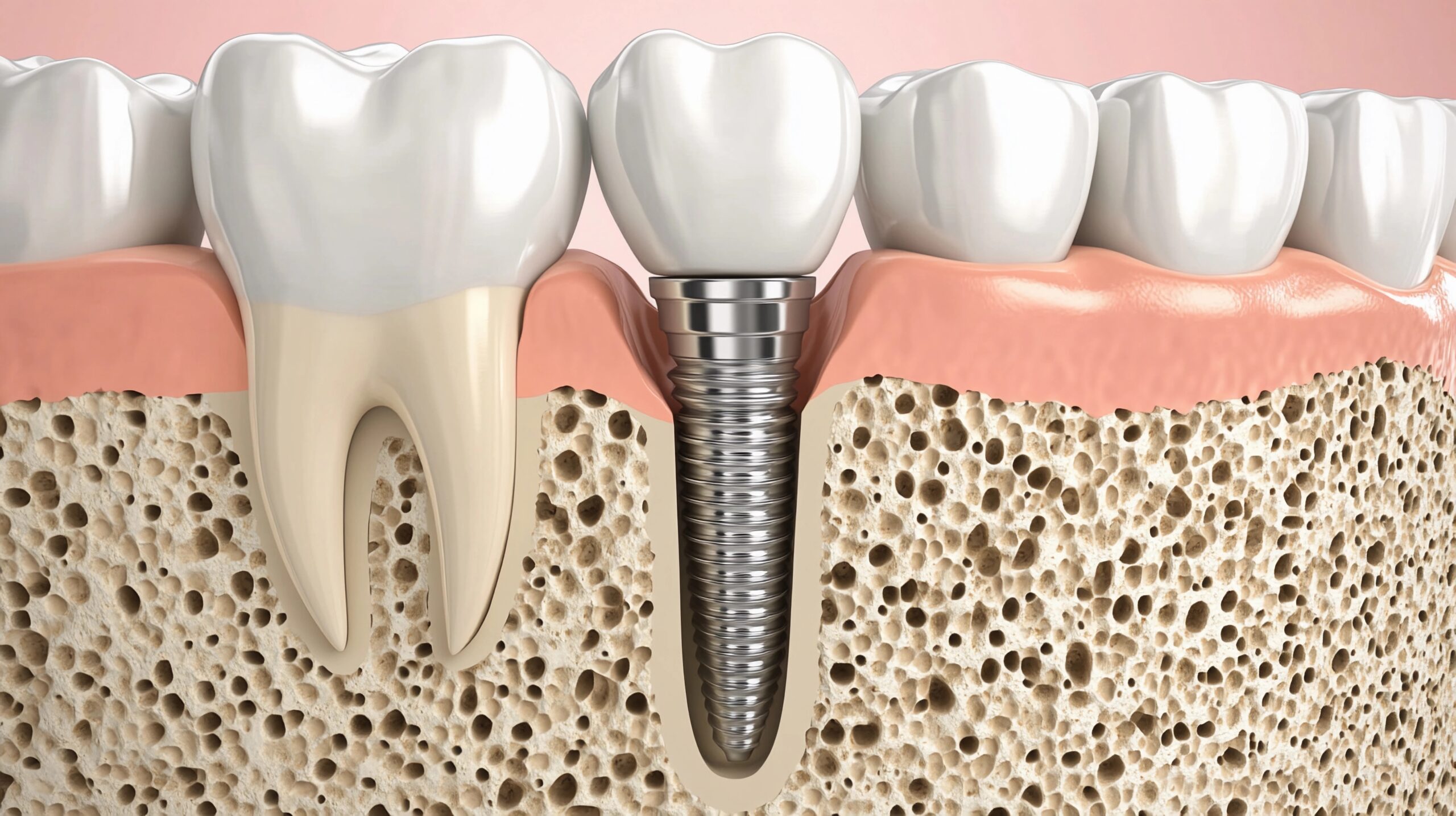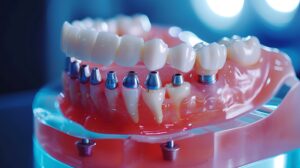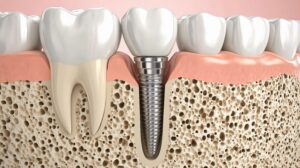If you’re missing one or more teeth, you may be considering dental implants as a long-term solution. Dental implants offer a natural-looking, durable alternative to traditional dentures or bridges, restoring both function and aesthetics. But not everyone is an ideal candidate for dental implants. Understanding the requirements, benefits, and considerations can help determine if this life-changing treatment is right for you.
What Are Dental Implants?
Dental implants are artificial tooth roots made of biocompatible titanium that are surgically placed into the jawbone. Over time, the implant fuses with the bone in a process called osseointegration, providing a stable foundation for a crown, bridge, or denture. Because they mimic the structure of natural teeth, dental implants offer superior comfort, function, and longevity compared to other tooth replacement options.
Who Is a Good Candidate for Dental Implants?
While dental implants are a highly effective solution for tooth loss, they require specific conditions for long-term success. You may be a candidate for dental implants if you meet the following criteria:
1. You Have Missing or Severely Damaged Teeth
Whether you’ve lost a single tooth, multiple teeth, or need a full-mouth restoration, dental implants provide a reliable, natural-looking solution. They help restore function and prevent further oral health issues caused by missing teeth.
2. You Have Good Jawbone Density
A strong jawbone is essential for supporting the implant. If bone loss has occurred due to missing teeth, a bone grafting procedure may be required before implant placement.
3. Your Gums Are Healthy
Healthy gums are crucial for successful healing and integration of dental implants. Conditions like periodontal disease must be treated before undergoing implant surgery.
4. You’re in Good Overall Health
Since dental implants require minor surgery, candidates should be in good general health. Chronic conditions like uncontrolled diabetes or autoimmune disorders may affect healing and increase the risk of complications. A consultation with your dentist and medical provider can determine if implants are safe for you.
5. You Don’t Smoke or Are Willing to Quit
Smoking significantly increases the risk of implant failure by slowing down healing and increasing the chances of infection. If you smoke, your dentist may recommend quitting before and after implant surgery to improve success rates.
6. You’re Looking for a Long-Term Solution
Dental implants are a permanent tooth replacement option, designed to last a lifetime with proper care. If you want a durable, natural-feeling alternative to dentures or bridges, implants are an excellent choice.
Who May Not Be an Ideal Candidate?
While most people can receive dental implants with proper preparation, certain conditions may pose challenges:
- Severe bone loss – If there isn’t enough jawbone to support an implant, bone grafting may be required.
- Advanced gum disease – Untreated periodontal disease can cause implant failure.
- Uncontrolled medical conditions – Conditions like osteoporosis or blood clotting disorders can complicate healing.
- Heavy smoking or substance use – These habits increase the risk of infection and implant rejection.
The best way to determine your eligibility is to schedule a professional evaluation with a dental implant specialist.
The Dental Implant Process: What to Expect
If you are a candidate for dental implants, here’s what the treatment process typically involves:
1. Initial Consultation & Evaluation
Your dentist will perform a thorough exam, including digital X-rays or a CT scan, to assess bone density and overall oral health.
2. Implant Placement Surgery
The titanium implant is surgically inserted into the jawbone under local anesthesia or sedation. Healing time varies, but most patients require three to six months for full integration.
3. Abutment & Crown Placement
Once the implant has fused with the bone, an abutment is placed, followed by a custom crown, bridge, or denture. The final restoration is designed to match the color, shape, and function of natural teeth.
Success Rates & Longevity of Dental Implants
Long-term studies have shown that dental implants have a success rate ranging from 93% to 98% over a 5-year period. With proper care, they can last a lifetime, making them one of the most effective solutions for tooth replacement.
Ready to See If You Qualify for Dental Implants?
If you’re wondering whether you’re a candidate for dental implants, the best way to find out is by scheduling a consultation with an experienced implant specialist. At New Smile Now, we provide comprehensive evaluations and personalized treatment plans to help you achieve a strong, confident smile.
Contact New Smile Now today to take the first step toward restoring your smile with dental implants!




